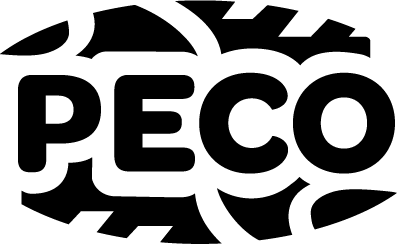Plastics Crisis: where we stand 2021
This article is a synopsis of the plastics crisis in a "2021 nutshell", the consumer, the companies selling and the municipalities struggling to cope with ever-increasing crisis on our doorstep.
When automaker Ford announced, September 2020, that their coveted Ford F-150 pick-up truck would be released as an electric vehicle, it seemed the tides were finally changing. Indeed they are changing. A current Deloitte report suggests that increased pressure from consumers, Covid and a change of guard at the White House are all accelerating this shift away from fossil fuels and plastics - at least here in North America. As automakers transition over to new production platforms, big oil, unfortunately is diversifying into, among other things, plastics.
"...almost 350 new chemical plants are in the works, according to an industry tally, together representing oil companies’ life-or-death bet on plastics as the future." New York Times
Big oil is, indeed, on the run which means oil companies are lobbying for increases in plastic any way they can. Take note of their consistent argument that plastic is justified because it can be recycled. In fact the opposite is true: when we put our plastics out for recycling, only a small fraction of total plastics are recyclable. Moreover, recycling, by its nature, only delays the inevitable fact that the plastic will end up in landfill, in our oceans and in our stomach.
But there are shifts in mentality at play. There is general acceptance of the idea that manufacturers will bear a lot more responsibility for "cradle-to-cradle" packaging. See Trudeau's press release back in 2019. Also, there are positive indications that a number of global conglomerates such as Coca-Cola, Pepsi, H.J. Heinz, Ford, AT&T and Toyota are investing in bioplastics. Naturally, they wish to find a solutions to their plastic responsibilities without having to redesign their packaging.
A healthy slap-in-the-face moment for Canada happened when China announced restrictions on 24 types of plastic back in 2018. This forced us to open our eyes and reconcile with the hangover we have with our own addiction to plastics.
As consumers we continue to become more aware of the plastics crisis as a "situation". But we haven't taken on the responsibility of it as our problem to solve:
As one of the wealthiest nations with a relatively small population, this is huge problem made worse by the fact that we only recycle about 9% of our plastics waste. Oceana
Though consumers are by-and-large in denial of this as "their" issue, many are taking steps to rally change within their communities and households. More knowledge, better eco-alternatives and increased manufacturer regulation are all helping consumers' role within the plastics crisis narrative.
The plastics crisis in 2021 is a real threat to our natural habitat and our way of life. But science has finally had its say and major forces are finally helping to turn the tide. It will be up to consumers to continue pressure and ultimately make (inconvenient) choices that will hopefully calm the waters and clean them up as a natural process of our evolving global economy.

